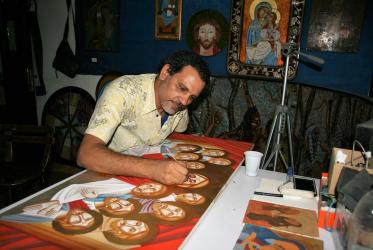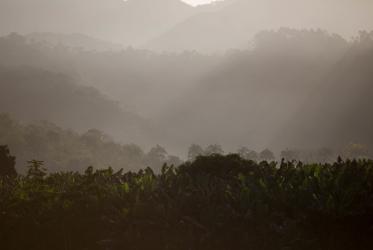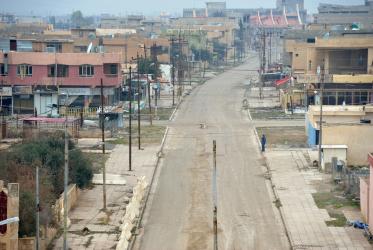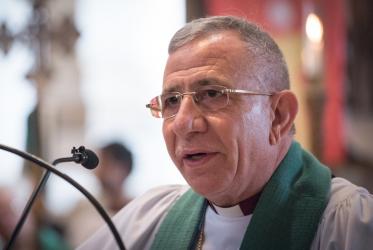Displaying 101 - 120 of 224
07 September 2018
WCC calls for prayer for flood-stricken Kerala, India
18 August 2018
WCC advocates for economic justice at UN conference
01 June 2018
Protect the Amazon, urges WCC statement
22 November 2017
Forum strengthens ecumenical commitment to diakonia
12 October 2017
Emily Welty: tide of hope for a world free from nuclear weapons
19 September 2017
In Charlottesville, can “the power of love” prevail?
14 August 2017
Seven weeks of Lent highlight water crisis in Africa
01 March 2017
Bishop Younan awarded Niwano Peace Prize
22 February 2017












